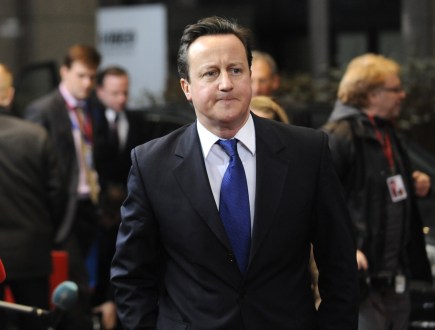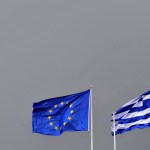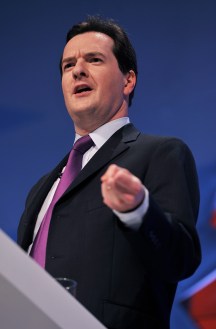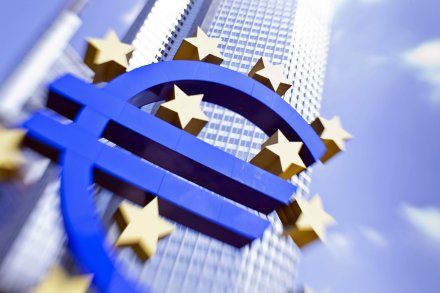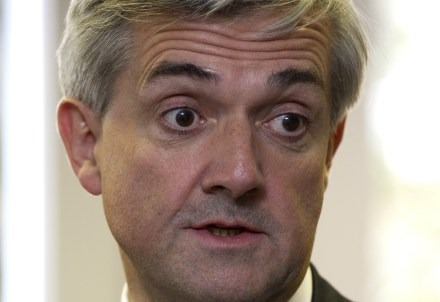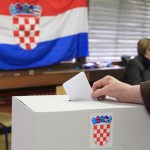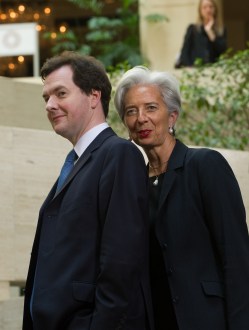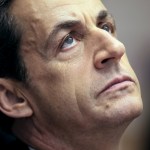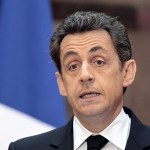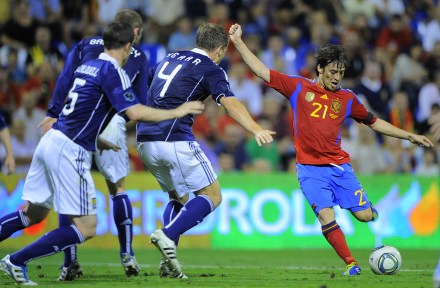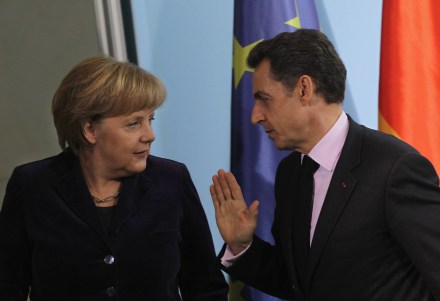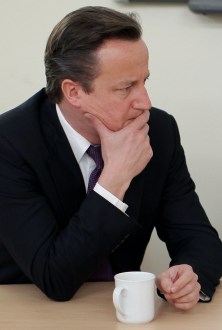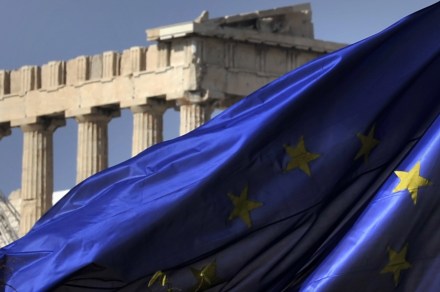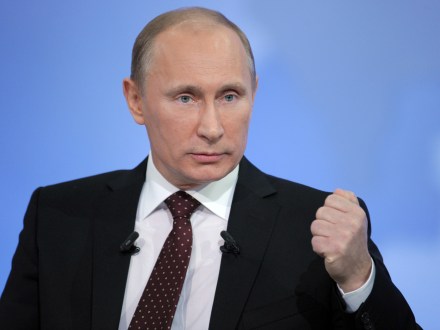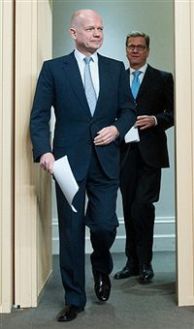Cameron cheered by the Lib Dems, spared by the Tories, mocked by Labour
If you wanted proof that Cameron has softened his stance towards Europe since the hard chill of December, then just look to the Lib Dems. Nick Clegg, unlike then, was sat next to the Prime Minister as he gave his statement to the Commons this afternoon. And the questions that followed from the likes of Menzies Campbell and Simon Hughes were generally warm and approving. Campbell started by, in his words, ‘praising the pragmatism of the PM’. Hughes celebrated a ‘more successful and satisfactory summit than the one in December’. That praise, while friendly enough, creates obvious problems for Cameron — and it was those problems that Ed Miliband sought


